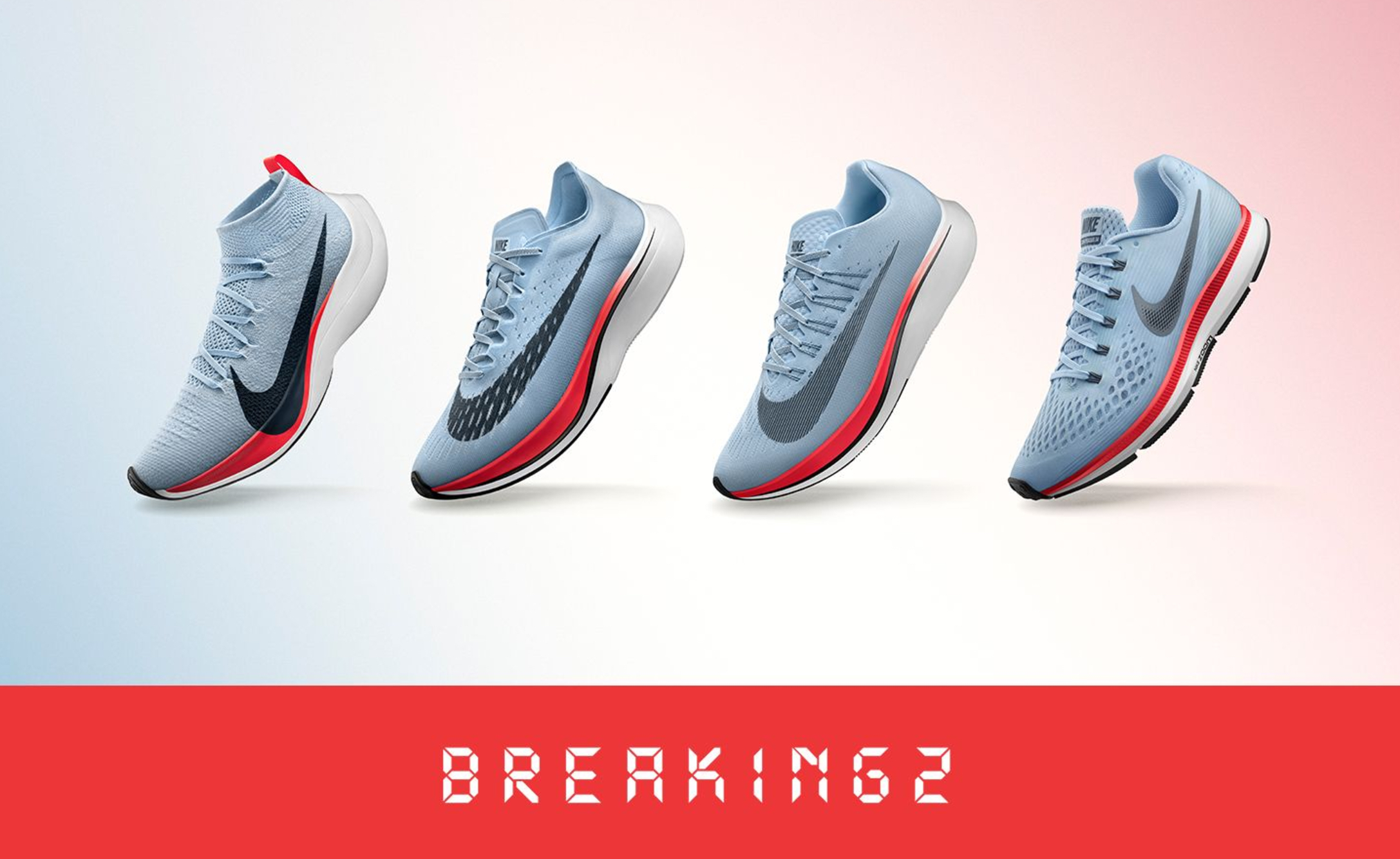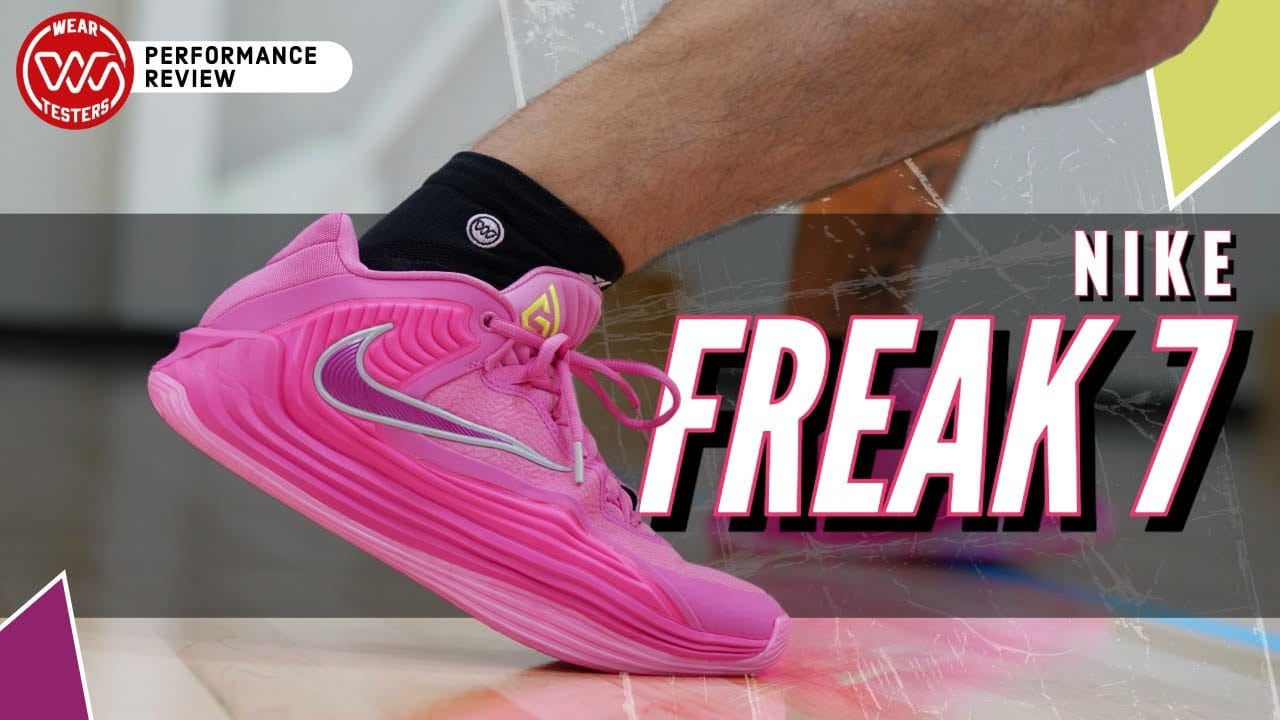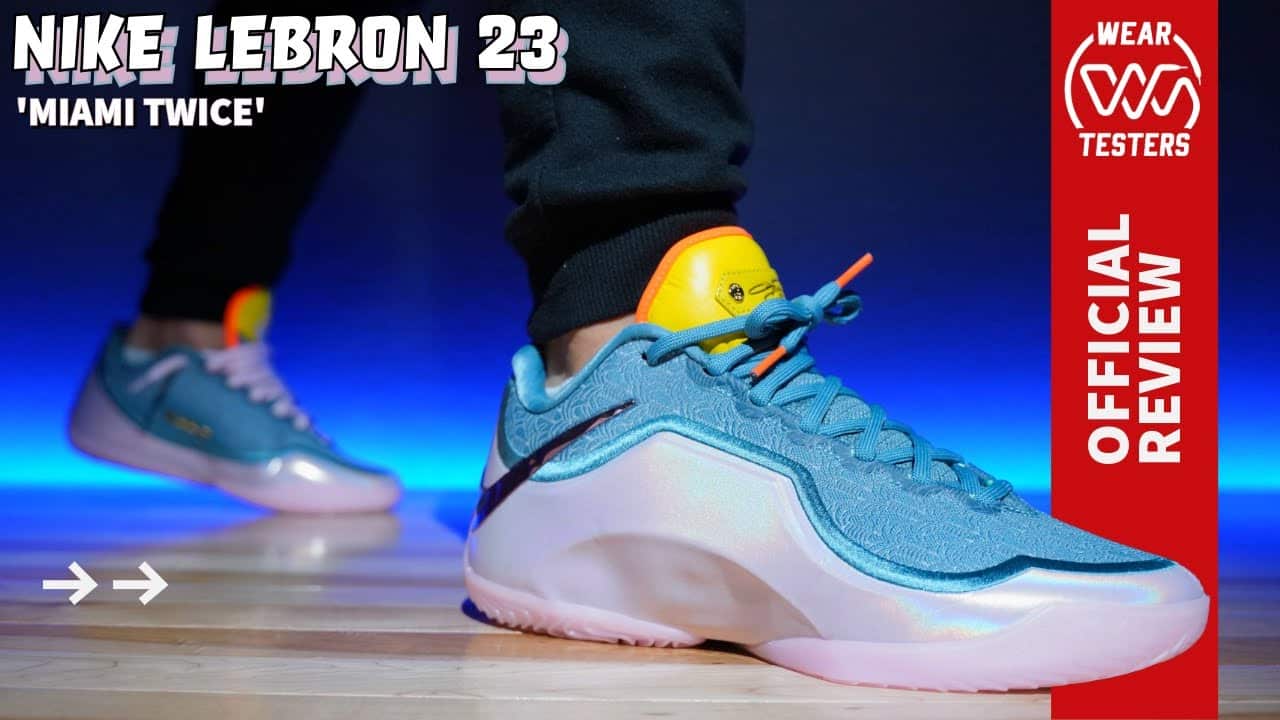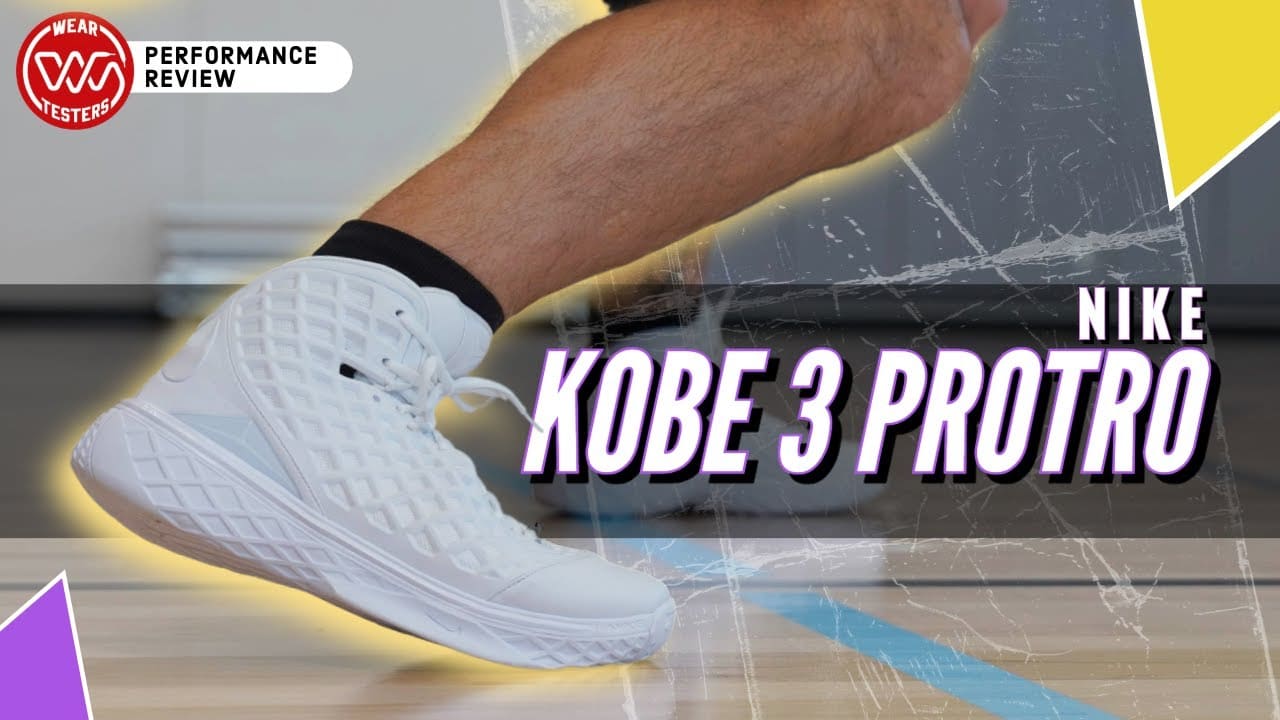One of Nike’s latest performance enhancers, the Zoom Vaporfly Elite — which will retail for a whopping $250 this June — is designed to break the two-hour barrier for marathon runners.
However, The New York Times has discovered that there may be some problems with the upcoming marathon shoe.
There is mounting concern that the shoe does not conform to the rather imprecise footwear standards of the I.A.A.F. The problems begin with the carbon fiber plate embedded in the midsole; according to The New York Times, the plate is scooped like a spoon, and acts like a slingshot that propels runners into their next stride.
Nike says that the carbon-fiber plate saves 4 percent of the energy needed to run at a given speed when compared with another of its popular racing shoes.
If accurate, said Tucker, the South African sports scientist, that is “the equivalent of running downhill at a fairly steep gradient” of 1 to 1.5 percent.
“That’s a massive difference,” he added. — NYTimes

While Nike is standing behind it’s latest sneaker, saying that it does not use any illegal springs, the carbon fiber plate does act like a spring. Moreover, Nike will be using this shoe in attempts to break all kinds of world records. Is this fair?
The NYTimes article is certainly worth the read, so click here to check it out. In it, there is even a CT scan of a Nike shoe that shows the carbon fiber plate. We can discuss below.

Source: The New York Times





Carbon Fiber spring plates aren’t new. They’ve been using those since the Jordan era. Who is paying the NY Times to hype these up? lol
Did you read the article? Because the Times is definitely not hyping these up.
It’s the ‘banned’ thing all over again. It creates interest from those that would have skipped the shoe otherwise.
I think the $250 price tag will cause many to skip the shoe lol
I thought the price would drive people away from those UA 3D Printed shoes but that “limited” word makes sales happen.
And the spring plates have never been this good.
I’m obviously not saying the Adidas Springblade worked (which apparently it didn’t), but I don’t get why people are complaining about these when the Springblade is literally supposed to be designed to spring you forward into your next step
I think Nike has more problems, specifically in the name Alberto Salazar, than in any carbon plate! lol!!!
Nike did this on purpose in order to create hype. If the governing body says that these are illegal, and that they do create an advantage, all of those Pugsley Addams looking couch potatoes over on NikeTalk are going to run out and then buy these, then try and resell them.
If Nike was more serious about giving their athletes an edge, they would’ve never blurted the 4% energy savings. because it’s not like they’re new to such regulations (unless they’re that stupid). This is Nike. Great for nostalgia and an occasional gem, but absolutely full of **** in the name of business. They just shamelessly BS their way because they know, regardless of how much information against them is put out, there are STILL people stupid enough to buy into their ploys. This might actually be a functional shoe as advertised, but they were surely making a deliberate attempt at a stir to go with it.
It’s sad to be cynical, but almost everything is subject to clickbait in its own form these days. It’s actually part of the reason why I like WT. No member puts up some BS title to their articles or videos. They just title it for what it actually is, and rightfully earned a growing fanbase.
On point, stuck there, and it ain’t gonna move because it’s damned right.
I read the article (unlike lots of the people commenting) and its definitely worth the read. I don’t really have an opinion on whether or not the spoon shaped carbon fiber blade should be banned, but I think it is an interesting idea. Other carbon fiber plates we see today are not usually that curved, they only provide torsional support. It’s also cool that this 2 hour mark thing is pushing companies to actually innovate instead of sitting on their butts and designing the same things over and over again
I agree with you! 10 years ago — heck, 5 years ago — we could not do the things we can do today with carbon fiber. Carbon fiber plates were never this good.
Bit of a stretch. 5 years ago, companies could control the properties and shape of carbon fiber pretty well. Automotive, bicycle (have you seen a cycling outsole?), prosthetic applications etc. 10 years ago, varying grades and weaves of CF and monocoques were surely attainable as well on a consumer (albeit expensive) level.
I don’t get what the other comment is on about suggesting most others missed anything from that article, yet acting like the curved CF plates are something new. There have even been carbon fiber insoles in existence. It’s not a matter of if this could be done, but if it *should* be done. Energy transfer has likely been explored through other means (cushion namely) and deemed more effective in such ways. Nike and Adidas have had the financial resources to make spring plates as they please for a while now. I wouldn’t be surprised if Adidas’ torsion systems in the current BBall Boosts incorporate a spring plate function because some run so far lengthwise. Foamposite and AJ11 shank plates could possibly harness the same effect, even if not intentional.
CF is generally a bit of a marketing tool. I think a lot of people don’t know that torsion, compression, and bending are inherently the weakest aspect of directional woven CF. It’s just that the weight savings and rigidity outweigh that downside in lighter load applications, and/or there are design considerations in the layup and laminate to work around it. There are a lot of particle composites that can yield the same effects as torsional or spring plate systems in shoes. TPU can be formulated and manipulated to get such results as well.
Backtracking to earlier comments. The NY times surely isn’t hyping these shoes up as a promotion, but the implied controversial aspects (inadvertently) draws attention to their own article and the product. Call it a manipulative complexity of sorts. Chess vs. Checkers. All those years of Jordan retro releases making news? Yeah, it brings up controversy regarding ethics and violence, but it probably bolstered the allure of the products (albeit mostly to simple-minded people). If Jordan just had high volume production with lower prices, they wouldn’t command the premium they still (try to) go for today or have that same spotlight.